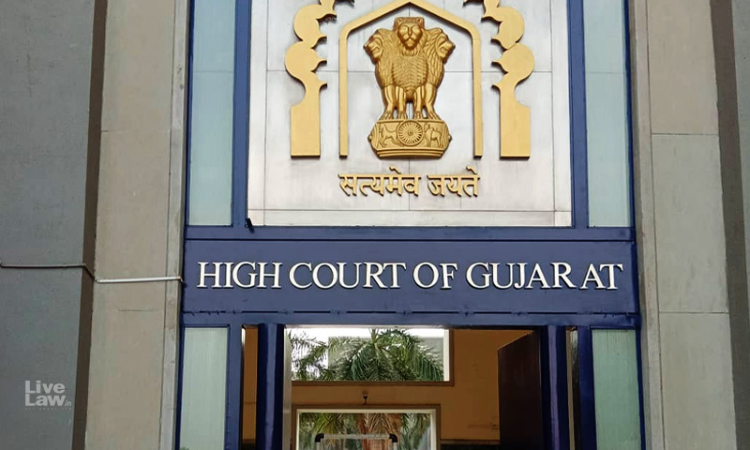Gujarat High Court Refuses To Interfere With Section 153C Income Tax Notice, Allows Assessee To Raise Objections
Bhavya Singh
2 March 2024 2:30 PM IST

Next Story
2 March 2024 2:30 PM IST
In a judgment with significant implications, the Gujarat High Court has declined to intervene in a case challenging the validity of notices issued under Section 153C of the Income Tax Act, 1961.The petition challenged the validity of several notices and orders issued under the Income Tax Act, 1961. Specifically, it challenges a notice dated 09.06.2022 for the Assessment Year 2014-15 under...
